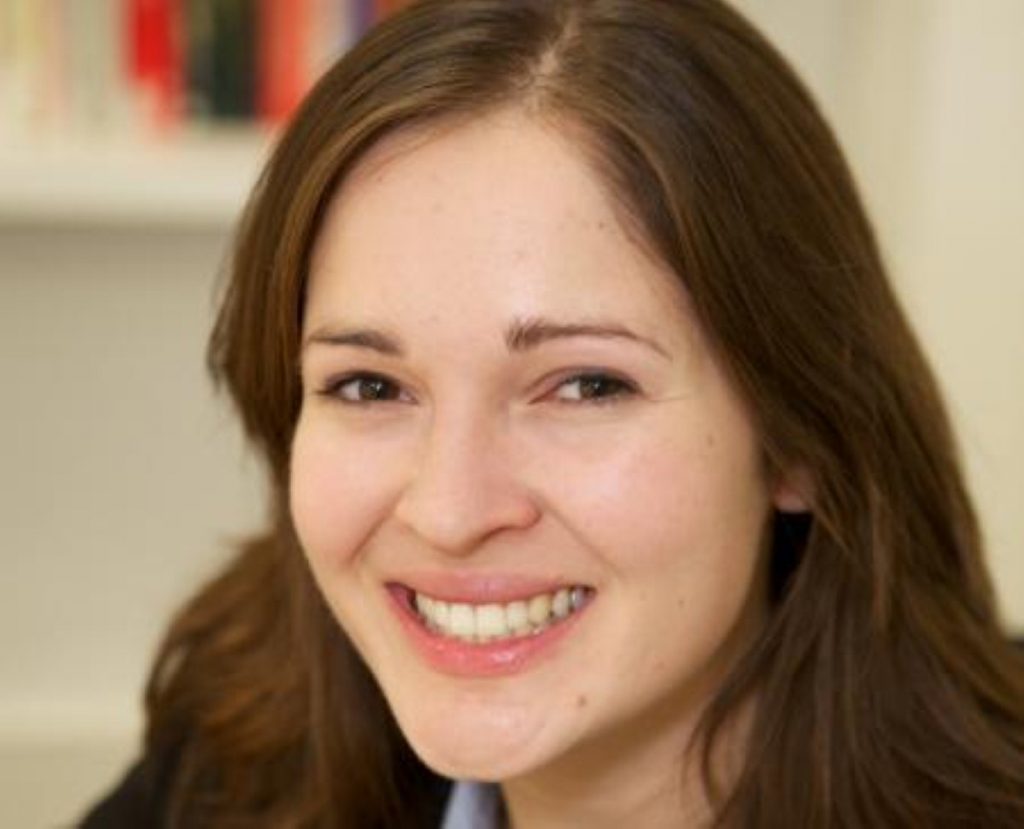Comment: Thou shalt ‘do God’?
By Elizabeth Hunter
In recent months, we've seen a new confidence in talking about religion from the coalition. In place of Alastair Campbell's famous insistence that 'we don't do God' we have David Cameron extolling the virtues of the King James Version of the Bible. Michael Gove sent a copy to every school in the country. Cameron explicitly contrasted himself with the previous government: "People often say politicians shouldn't do God. In fact, politicians should recognise both what our faith communities bring to our country… and also how incredibly important faith is to many people in Britain."
New Labour's approach to faith groups was inconsistent. Senior government ministers wore their faiths on their sleeves but would occasionally come into conflict with conservative religious institutions. Have we moved from a government unprepared to engage with matters of faith to a new understanding of the role of religion in public life?
Dr Therese O'Toole has assessed Near Neighbours, a key coalition project that promotes initiatives that improve local communities. The project releases £5million of funding to four areas in England, with the aim of promoting interactions across faith and non-faith groups. Launched last year, it offers small grants of between £250 and £5,000 to local groups for projects that bring people of different faiths together.


It's a 'big society' initiative, which hopes to enable local communities and faith groups in particular, to create local solutions to social problems. It represents a subtle change: the programme is administered by the Church of England, and applicants require the counter-signature of vicars from the parishes in which the projects would take place. This coalition initiative places the Church of England in a new role (or takes it back to an older role?) as broker of local interfaith activity and the middle man between government and religious minorities.
Supporters of Near Neighbours argue that the Church of England's extensive infrastructure and its history of interfaith work are invaluable resources for the program. It is a positive view shared by some non-Christians. "Near Neighbours might achieve the results that the Prevent agenda wanted to achieve while at the same time providing minorities protection under the wing of the Church of England," as one Muslim worshipper told researchers. It has also been said that Near Neighbours' emphasis on funding interfaith activities is a necessary corrective to the mono-faith, Muslim-focused basis of Prevent funding.
Members of the coalition government – Eric Pickles and Baroness Warsi alongside Cameron and Gove –speak confidently about the positive role of religion in society, with a particular emphasis on the UK's historical Christianity. But it remains to be seen whether the Church of England can really provide a core public role that incorporates minority faiths remains to be seen. Near Neighbours provides one test of how the coalition navigates our diverse, multi-faith landscape but it is too soon to say if this new approach will prove more successful than previous efforts.
The clearest trend from the research is that all parties are getting better at dealing with faith, acknowledging its growing centrality to a range of policy areas. And there are deeper philosophical issues which sit underneath these questions. Equally, the criticism which can be levelled at all the parties in their dealings with faith groups is their tendency to instrumentalise them. The real dominant theme here is of the social utility of religion: ask not what this government can do for you, but what you can do for your government! What matters is that religious people exhibit high levels of social capital, but keep their wider principles, values and beliefs as a matter of private concern.
This gives governments a framework for engagement, but can often lead to faith groups feeling less like partners and more like vehicles for delivering political aims. Religious groups are offered an unpalatable alternative – are they to be used or simply ignored. This fundamentally misunderstands the nature of religious belief, as Nick Spencer argued in the Theos report Neither Private, nor Privileged, and has the potential to eventually undermine the contribution that they can make to the common good. This is a commonplace in the voluntary and 'faith' sectors, but it's time that politicians – of the 'big society', the 'enabling state' or of the 'service co-production' variety – realised that they need answers to some of these questions.
For the next ten years, the issue is not whether government 'does' God, but how?
Elizabeth Hunter is director of Theos, the religion and society think tank. Together with the AHRC Religion and Society programme and Charles Clarke, they are running the Westminster Faith Debates, presenting the best research about the place of religion in public life. For details and to apply, visit the website.
The opinions in politics.co.uk's Comment and Analysis section are those of the author and are no reflection of the views of the website or its owners.









